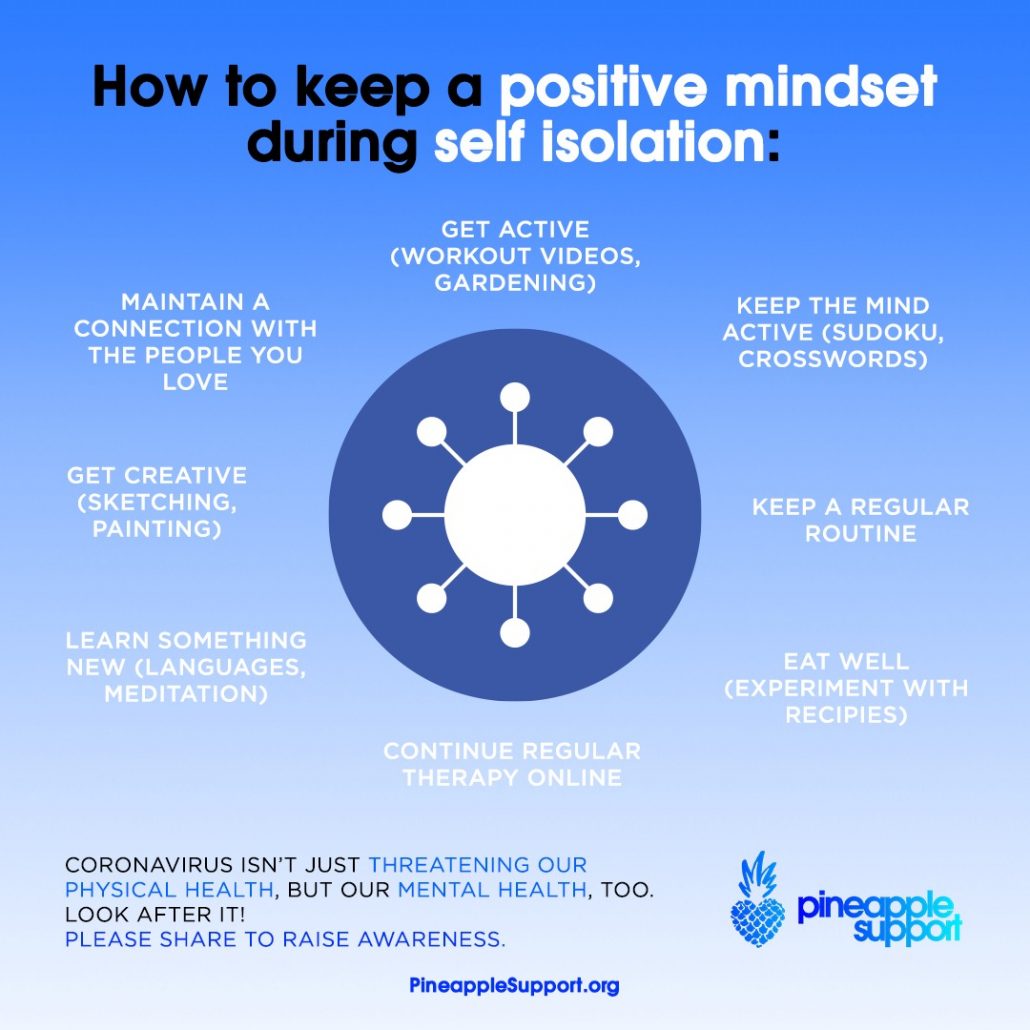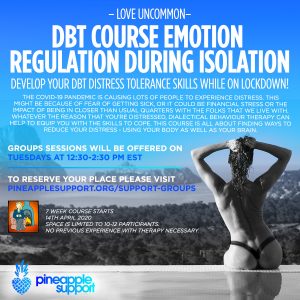Mass violence. Hurricanes. Shootings. Rape. Abuse. Assault. Earthquakes.
Where do we fit in?
According to the Federal Bureau of Investigation (2017) violent crimes increased nationwide in 2016 by 4.1 percent and homicides rose by 8.6 percent. During 2015 – 2016 violent crimes have experienced an uptick by twenty – percent, which is puzzling, yet terrifying at the same time. Children, adolescents, and young adults have more access to hear the exact details and updates on carnage and crime due to technological advances. According to the Veteran’s Administration (2017), within a week of September 11th, 2001, individuals reported watching around eight hours of media regarding the attacks, mostly focused on digital media, which includes images and videos.
According to Forbes (2017), there has been an increase in the intensity of category four and five hurricanes, but not the amount of hurricanes. Therefore, even though there are “less” hurricanes, the ones that make landfall are causing prolonged trauma, distress, and disruption of our lives. The never-ending warnings, updates, and sensationalism of news coverage of hurricanes can greatly impact survivors’ mental health, as it keeps individuals in a constant state of fight, flight, or freeze. Individuals who consume more social media focused on disasters experience higher stress responses, increased hopelessness, a fixation on death and injury, and higher rates of PTSD symptomology (Rogers, 2016).
With the recent and more historical episodes of mass violence, including the Dayton shooting and the El Paso massacre, there is a question on all of our minds: when will we stop beating our own record of “deadliest mass shooting?” The inflation of violence and natural disasters in recent years has many effects, but one thing we have not been discussing is our stunted processing. With so many acts of brutality occurring at a faster pace than ever expected, we are not given the time to properly grieve, mourn, process, and understand these tragedies. Our attention is constantly torn to another tearful catastrophe. Our emotions, memories, and images become unprocessed, leading to the foundations of mental disorders and distress (Shapiro, 2014).
Every day it becomes increasingly challenging to turn away from the carnage. If the television won’t interrupt us while we watch our Monday sitcoms, our phones will inadvertently alert us. If we disconnect from technology in an effort to remain peaceful and sensitized, we can expect a friend or coworker to fill us in on the gruesome details, phone waving in their hand, depicting heart-wrenching images. We are stricken with a sense of vulnerability, and some would even say powerlessness. We are a society that is holding onto our last thread. We are powerful and spirited, yet ground down to our last shred of hope.
We must navigate our social media with grace amidst expedient broadcasts, tweets, and texts about violence in an effort to avoid desensitization, which often leads to hopelessness and symptoms of depression (Rogers, 2016).
There is a cost if we don’t.
Epigenetics is the study of the alteration of genes and their processes (Weinhold, 2006). So what does this have to do with the anxiety and fear we are experiencing or anticipating? Genetic changes caused by individual or community trauma may occur within the family line for more than four generations (Winhold, 2006). Although the studies surrounding transgenerational transmission of trauma have mostly been exploratory, difficult to generalize, and specific, there are still aspects which could affect our future generations.
Although it has been challenging to find out if trauma is truly passed down through the genetic line, there is still an opportunity to negatively influence our future generations. Trauma can be passed down through: family or friends reporting their experience with heavy emotions attached; utilizing negative and catastrophic terminology; a hyper-focus on discussing only the traumatic incidents during the period of tragedy; unresolved feelings of guilt and shame; ongoing anticipation of further disasters; parents living in fear based on identifying characteristics (LGBTQ, black, refugee); and providing technical levels of detail to children before it is developmentally appropriate (Braga, Mello, and Fiks, 2012).
Our unresolved issues can directly affect our children and our children’s children. As we grow, we learn from watching our parents with utmost precision; we speak about and conceptualize our reality in a similar way to how our parents do.
Some parents interact with their children through a preoccupied attachment style, which signifies parent’s engrossment in their own intrusive and damaging life experiences, like mass violence (Shapiro, 2012). This attachment style teaches the child to adopt an aggressive way of being in order to get attention, often resulting in insecurity and dependency later in life.
Other parents may interact in a disorganized attachment style, in which the parent has no boundaries about their psychological trauma. What you may see from this type of parent is anxious behaviors, fearful facial expressions, unexpected emotional outbursts, and haphazard ways of communicating, leaving the child confused (Shapiro, 2012). The child may be unsure and nervous themselves about initiating contact with their parent, as their parent is dually their source of care, yet the cause of their unconscious anxiety (Shapiro, 2012).
We are all at risk, now that we have unexpectedly been cast into the role of captive audience to unforeseen tragedy. However, despite our current feelings, we do have potential. We do have control. We do have hope.
1. Always remember your breath. It sounds arbitrary. It sounds like a platitude. Hearing someone say “take a breath!” can feel obnoxious or demeaning. However, it is one of the smallest, yet most impactful ways we can exert power in our lives. Our breath is one of the few things we can control and access at any time, privately. When overwhelmed, square breathing can help us take a break from racing thoughts. Breathe in for four counts. Hold for four counts. Breathe out for four counts. Hold for four counts. If it helps, imagine a stream of light in your favorite color pulsing through the square as you move through it.
2. Make an impact. In moments of vulnerability and suffering, we forget our abilities. Locate a nonprofit agency of your choice and donate your time, talent, or treasures. Set up a monthly donation of a few bucks. Dedicate an hour a week to volunteering. We may feel like our influence is a “drop in the bucket,” but all we can do is transform people or animals one at a time, setting off a butterfly effect of compassion.
3. Hold onto your routine for dear life. Symptoms of trauma can distort what we hold most dearly, disrupting our ability to focus. Establishing a daily routine can help normalize one’s day-to-day experience, stabilize us, and bring comfort. At the end of a productive day, we end up feeling accomplished and in control, despite the world’s happenings.
4. Create an internal safe place. Allow whatever image that comforts you to come to you. Choosing a place in nature can be a grounding experience. Ensure no people or pets are there as to avoid any upset feelings. Notice the colors, scent, sounds, and imagery. If you looked to the left and right, what would you see? Allow the feelings of security to set in and know you can access this private paradise at any time.
5. Make space for relationships. When we are overwhelmed by the “yuck” of our daily lives, we forget that people care about us. We forget the world cares. How can anyone care if the world is so dangerous? We must avoid buying into the thoughts that drag us further down. Reach out to friends, even if you simply say “Hey, I’m not doing so well, but I wanted to check in with you.” Or “Would you like to watch this movie with me? I need a little distraction and joy today.” Be honest with others and they may be moved to be honest with you.
6. Keep a “thought log.” Thought logs are ways of getting us in touch with our themes, patterns, and triggers in life. When the news keeps rolling in, we have our thought logs to ground us. It may help to jot down the trigger, what thought immediately came up, what you felt when that thought sank in, and balancing it out with an evenhanded perspective. What would your mentor say? What would your higher power say? Connect with that perspective.
Although trauma can be a powerful force, remember: we will be more exhausted by running from trauma than by shocking it and facing it with our strength and willingness. Do it afraid.
written by Rachael Wells




